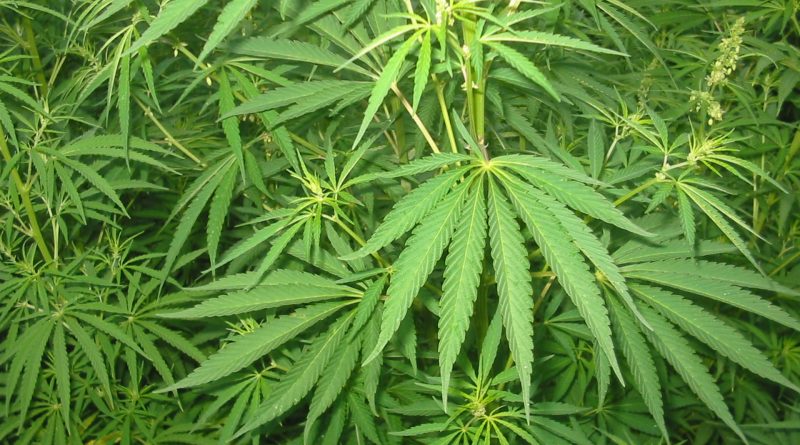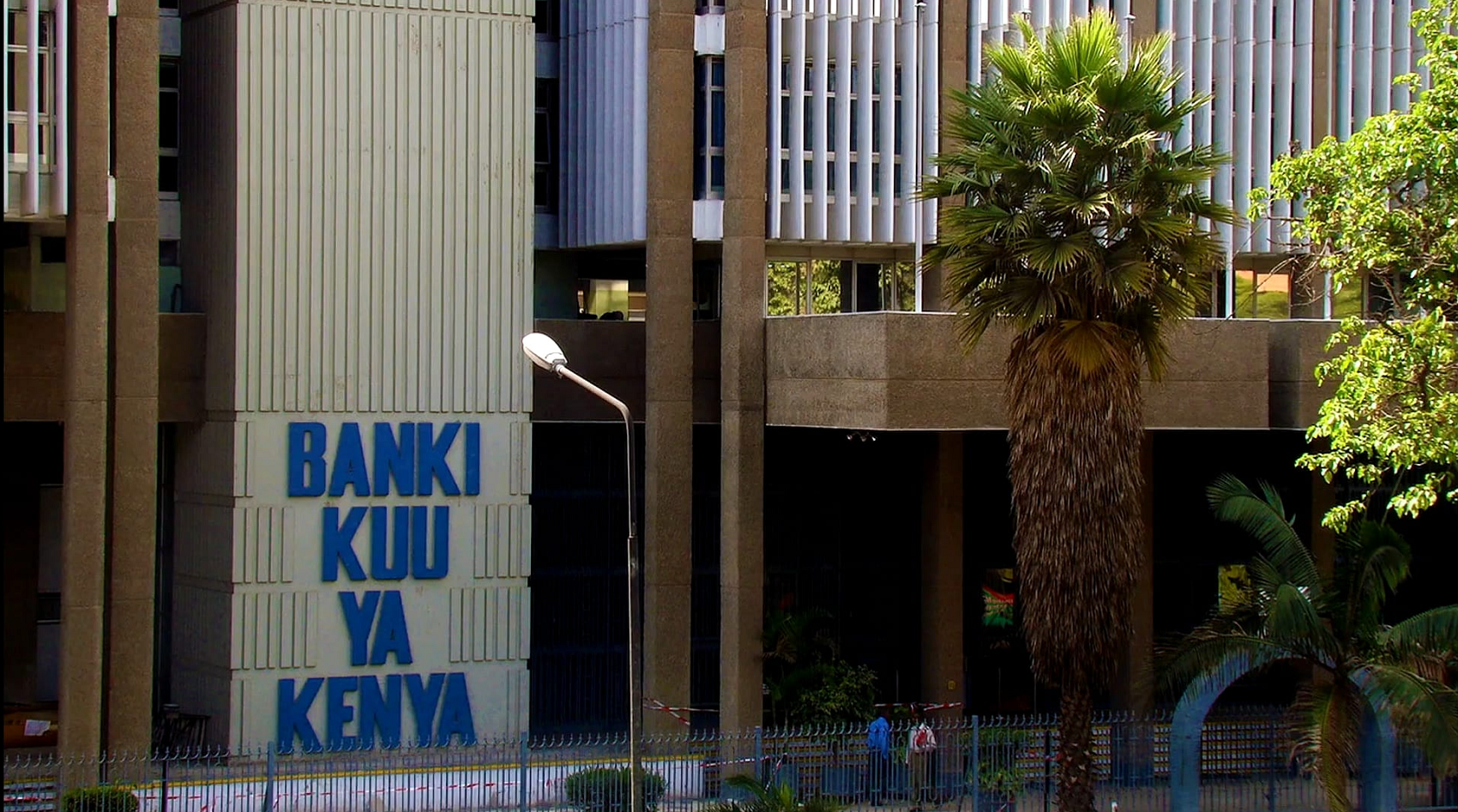FEATURED STORY
 BT CorrespondentDec 11, 20182 Mins read1.8k
BT CorrespondentDec 11, 20182 Mins read1.8k
Is legal cannabis really such a big business?

There is another side of the drug that can put a lot of money in the pockets of entrepreneurs.
Share
In the last couple of years, a number of US states have chosen to legalize both the medical and recreational use of cannabis (although it remains illegal at a federal level). Later, Uruguay decided to do the same, choosing to regulate cannabis production and consumption instead of outright banning it.
And more recently, Canada has announced that it would legalize and regulate cannabis production and use, becoming the first G7 country to do so (but probably not the last). The reasons cited for these changing drug policies are often related to criminality (last year, more than 50,000 arrests were made in Canada alone related to possession of cannabis) and the ending of illicit cannabis trade funding various organized crime groups.
But there is another side of the story – one that can put a lot of money not only in the pockets of entrepreneurs but the states themselves.
IN CASE YOU MISSED IT
PAST ARTICLES AND INSIGHTS
TRENDING TOPICS
Airtel
Betting
bitcoin
CBK
Central Bank of Kenya
Citizen TV
Covid-19
cryptocurrency
Dstv
elections
Equity Bank
Facebook
featured
Harambee Stars
IEBC
Insurance
KCB
Kenya
kenya Airways
Kenya Power
Kenya Revenue Authority (KRA)
KQ
KRA
KTN
M-PESA
Main Story
Media
Mike Sonko
Multichoice
Nairobi
Nairobi securities exchange
NASA
Nation Media Group
NMG
NSE
NTV
OdiBets
President Uhuru Kenyatta
Raila Odinga
real estate
Safaricom
sportpesa
Standard Group
Uhuru Kenyatta
William Ruto
Related Articles
STOCKS  JACKSON OKOTH2 Mins read
JACKSON OKOTH2 Mins read
NSE Maintains Bullish Mood At first Week of 2026
NSE (Nairobi Securities Exchange) has maintained its growth momentum as trading entered...
FEATURED STORY  JACKSON OKOTH2 Mins read
JACKSON OKOTH2 Mins read
Central Bank of Kenya in Switch Bond Auction As 2026 Begins
Central Bank of Kenya(CBK)is offering a Treasury Bonds Auction switch from a...
FEATURED STORY  JACKSON OKOTH3 Mins read
JACKSON OKOTH3 Mins read
NSE in 2025: Highs and Lows, Desperate Attempts to Weed out Speculators and Tech Advances
NSE(Nairobi Securities Exchange)gave spectacular returns to both institutional as well as retail...
FEATURED STORY  JACKSON OKOTH3 Mins read
JACKSON OKOTH3 Mins read
Cooperatives Sector: Missed Opportunities and Outlook in 2026
Cooperatives sector players and stakeholders in Kenya is still holding its breath...











7 Comments